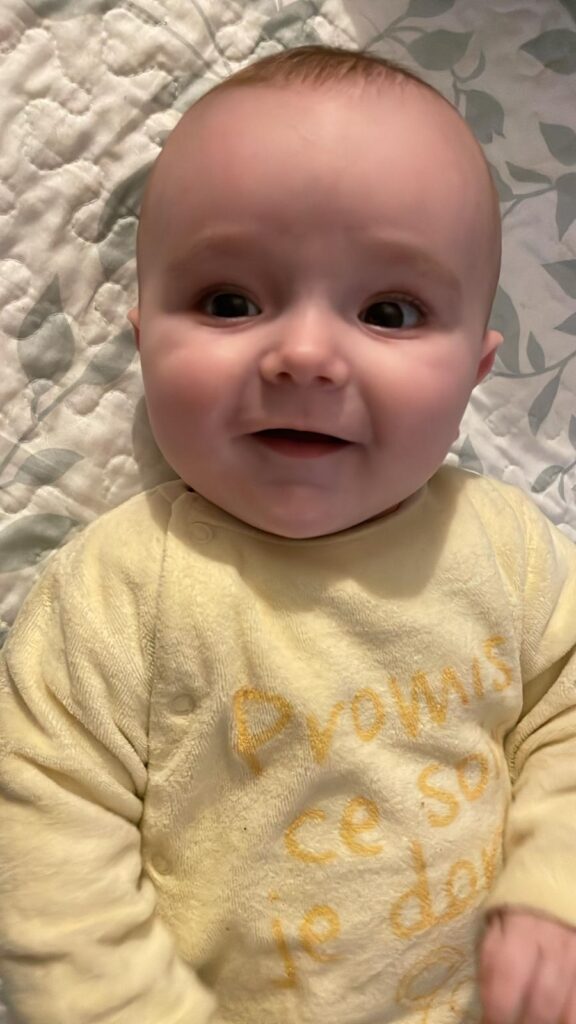When a child is born into a family with an incurable disease, the world stops. Suddenly, the life you imagined becomes a succession of unanswered questions. But there comes a moment when you realize that there is no more humane alternative than to learn to live with it, because, in these cases, life and illness become a single reality.
In so-called “advanced” societies, there are resources to help families: treatment, psychological support, research, etc. And yet, behind this progress, there is something disturbing: a silent trend toward eugenics, an idea disguised as welfare that suggests that only some lives are worth living.
I have experienced it firsthand. The same doctor who carefully cares for my son Álvaro -who suffers from cystic fibrosis, a rare genetic disease- unhesitatingly offered me the possibility of selecting healthy embryos in case I wanted to have more children. He did it with good intentions, as a way of avoiding suffering. But at the heart of this proposal was a brutal idea: that my child should not have been born.
Thanks to medical research, Alvaro can have a full life, play, laugh, grow up like any other child. But that same science that gives him hope also suggests to me that his existence is a mistake that could have been avoided. And that, as a mother, hurts me more than the disease.
Because it goes against something elementary: the conviction that every life is worthwhile in itself, without conditions, without filters, without previous diagnoses to measure it. There is no rational, ethical or affective argument that can justify that a life, because it is imperfect, should be discarded.
Society calls embryo selection “progress,” and it may seem a logical solution. But when they proposed using it, I felt that they were telling me - without saying it - that if we had known earlier, we could have prevented Alvaro. And that is the closest I have ever felt to the moral abyss: to imagine that, in the name of health, we could deny the life of the one we love.
There are diseases that are overcome, and others that are incorporated into life until they become part of one's identity. Alvaro will have a wonderful life, with his brown eyes and with his cystic fibrosis. They are not separate things: they are part of the same story.
Today science has achieved treatments that do not cure, but allow us to live. And that, far from making us gods, should remind us of something essential: life is not discarded, it is accompanied. There is no technology capable of measuring the value of a human being. And there is no argument that can explain to a child that the world would have been better without him.









